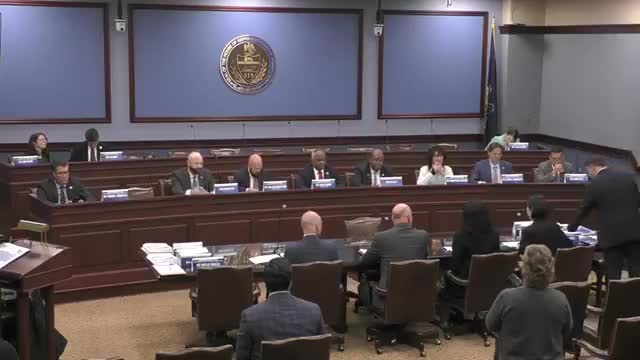Article not found
This article is no longer available. But don't worry—we've gathered other articles that discuss the same topic.

Environmental group urges stronger health protections as committee hears gas industry briefing

Industry trade group and utilities defend regulation and call for more pipeline and market access to move Pennsylvania gas

